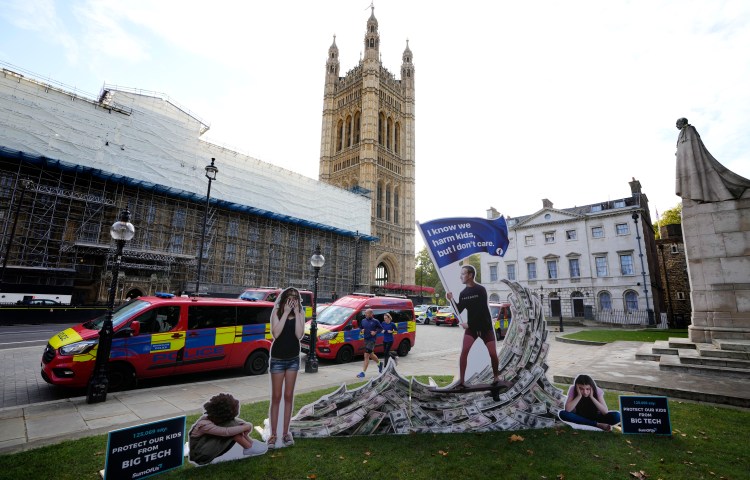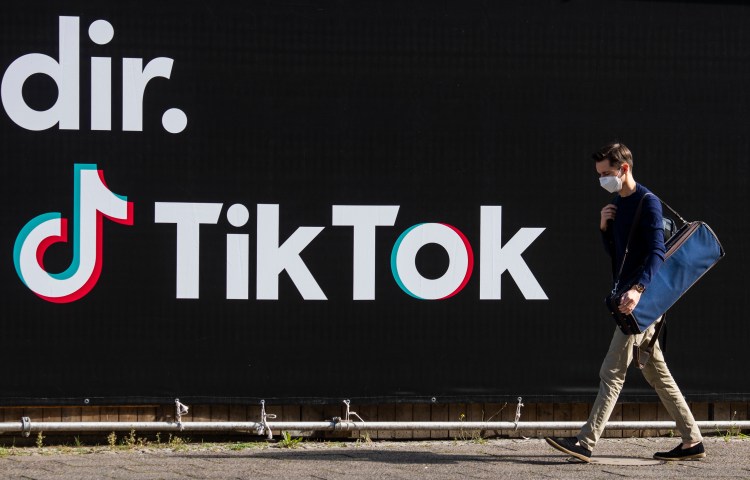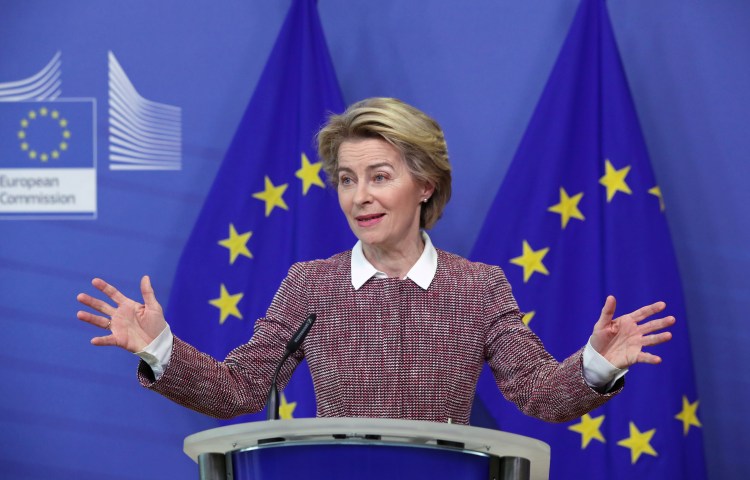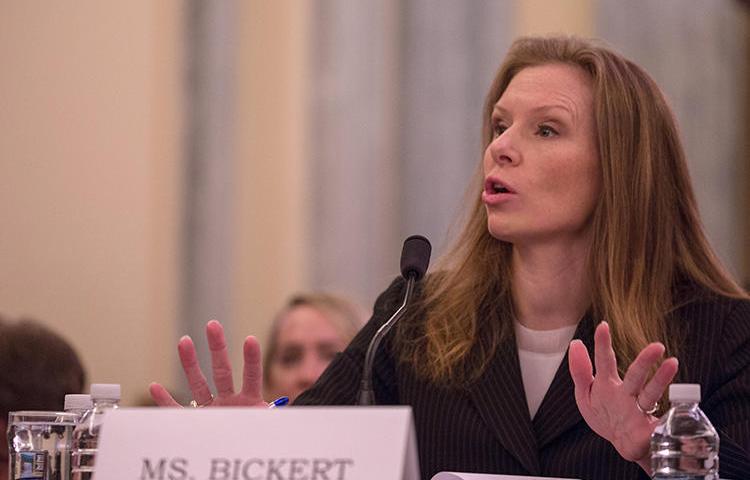
How social media regulation could affect the press
The United Kingdom moved a step closer to regulating social media in December when a parliamentary committee recommended major changes to the country’s Online Safety Bill so as to hold internet service providers responsible for material published on their platforms. “We need to call time on the Wild West online,” said committee chair Damian Collins….

Germany revisits influential internet law as amendment raises privacy implications
On October 1, a new law to regulate content posted on social media platforms took effect in Turkey, The Guardian reported. Turkish journalists already face censorship and arrest because of social media posts, CPJ has found, and the law offers just one more tool to censor news. Yet the legislation was not solely conceived in Ankara; it follows the example of one…

How will the EU’s Digital Services Act impact journalism?
The European Union is reviewing the legal framework for digital information, goods and services—a process with the potential to change the course of internet history for journalists and everybody else. In June, the European Commission launched public consultations about the upcoming Digital Services Act (DSA), an initiative to review and expand rules established 20 years…

Tweaking a global source of news
The only way Abdalaziz Alhamza and his fellow citizen journalists could get out news from the Islamic State’s self-declared capital in Syria to a global audience was by posting materials on Facebook and YouTube. “They were the only way to spread news since many militias and governments prevented most, if not all, the independent media…

As German hate speech law sinks Titanic’s Twitter post, critics warn new powers go too far
The satirical magazine Titanic appears to have been an unlikely victim of Germany’s recently adopted online anti-hate speech law, NetzDG. “We were truly surprised,” the magazine’s editor-in-chief Tim Wolff told CPJ, as he explained how Twitter blocked the Titanic account for 48 hours after the magazine republished a post Twitter had deleted, in which Titanic…